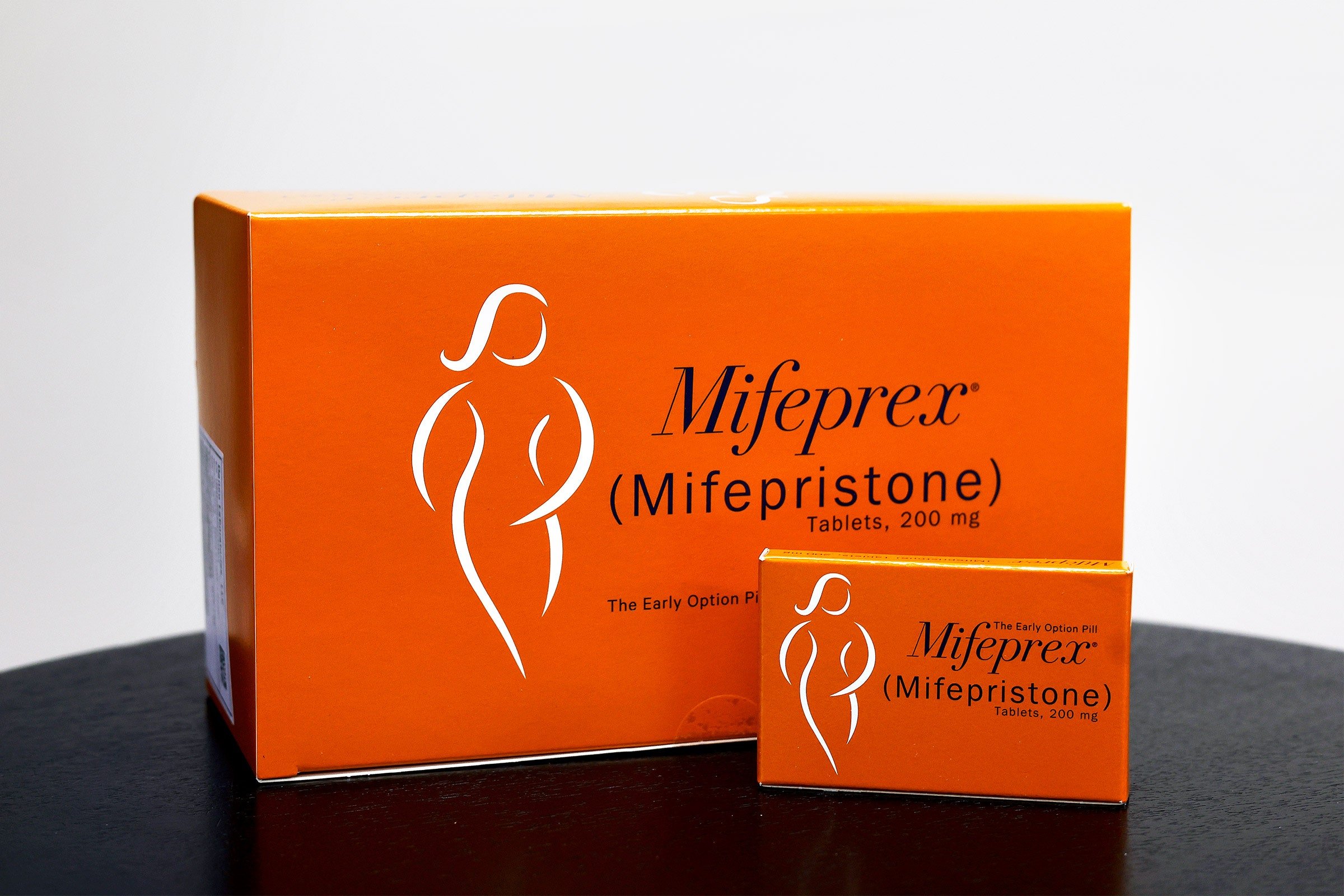The Battle Over Abortion Medication: ADF vs FDA
Melody Wu and Fanny Kim
It’s been nearly a year since Roe v. Wade was overturned, resulting in the loss of reproductive rights for millions of women across America. Since then, the legality of abortions has been up to individual states to decide: about a dozen have outlawed abortions while others have enforced tighter restrictions. Still, in states such as California, Nevada and New York, abortion remains legal–however, recent developments in abortion legislation may put those states at risk.
In November 2022, a conservative Christian group called the Alliance Defending Freedom (ADF) filed a lawsuit against the U.S. Food and Drug Administration (FDA) for failing to protect Americans from what they deem a “dangerous drug.” The drug in question is Mifepristone, a form of medication which, used in conjunction with Misoprostol, accounts for more than half of all abortions nationwide. Substantial concern has arisen over the fate of this abortion pill, as Trump-appointed judge Matthew J. Kacsmaryk is deciding the outcome of the case. Access to Mifepristone could potentially be halted in all states, even in places like California where abortion is legal. Contrary to the ADF’s claims, 12 leading medical organizations and numerous accredited studies have recognized the efficacy and safety of Mifepristone. According to the FDA, the risk of complications caused by Mifepristone totals less than 0.4 percent, a safer percentage than even Tylenol or Viagra. Overall, the case seems to be sharply divided on political and religious grounds rather than scientific research.
Mifepristone tablets. (Courtesy of Anna Moneymaker)
We turned to the diverse community of OCSA to continue the discussion. Annika Gaffaney (ACT ‘26), the president and founder of the HERstory club, raised concerns about the consequences of prohibiting this abortion drug, saying she is “extremely worried” about the outcome of this case–worried that “teenagers like us will be forced to throw their dreams aside and instead give birth to an unwanted child” or “that, as horrifying as it is, everyone who gets raped will be denied basic reproductive healthcare.” Furthermore, Gaffaney argues that “religion and politics… should absolutely not be integrated into healthcare,” as healthcare should be "based solely on the needs of the common people.” Equally passionate about the abortion controversy, Isla Walker (CW ‘24), co-president of the OCSA Gender Sexuality Alliance, sums up her thoughts about the lawsuit into three words–“it’s so stupid.” “It restricts people from freedom despite their constant preachings of freedom,” Walker opined. Her belief is that the banning of Mifepristone would eventually lead to female reproductive healthcare becoming “taboo” and the curtailment of more women’s rights.
Now, the million-dollar question is: how safe are abortion pills? Although he can’t testify to his political opinions, Jon Sprek, a Health Science and Emergency Medicine and Care teacher, will say that “facts and transparency” matter. Given that less than 0.4 percent of cases with Mifepristone result in complications, he stressed the importance of examining whether “other medications that have half a percent [of complications]…are also attacked”. He finds the situation ironic, however, noting that “places [in the United States] where they’re pushing the most anti-abortion laws” seem to be the same places where “they’re getting rid of the most resources in Planned Parenthood or sex education in schools.” Sprek explained that “the more you talk about sex education and the more you make condoms and other things available to students…the less unplanned teen pregnancies” will happen. When it comes to healthcare, Sprek concluded, “we tend to live in a reactionary culture rather than a preventative and educational culture.”
The outcome of this consequential case is said to come any day now. Millions are apprehensive about the final ruling which may potentially be the greatest setback in abortion rights since Roe v. Wade was overturned. The plaintiff’s victory would also weaken the FDA, undermining its authority and setting a “dangerous precedent” for future cases on contraception. However, as bystanders, there is still a lot we can do to make a difference. By supporting smaller birth control clinics in addition to Planned Parenthood, allocating our efforts toward making sex education and prevention practices available, and combating misinformation, our advocacy and awareness can shape the future of reproductive healthcare.
“When it comes to healthcare, we tend to live in a reactionary culture rather than a preventative and educational culture.”
